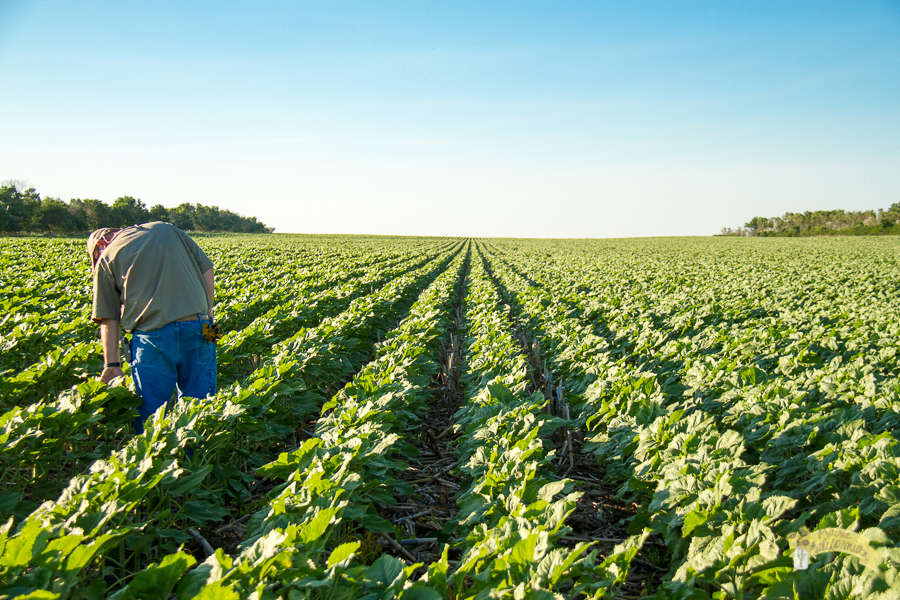
What on earth is an agronomist?
An agronomist is a specialist who applies scientific understanding and strategies to the administration and production of crops. Agronomists do the job in a number of settings, from farms and ranches to government organizations and private firms. They might also do the job in research laboratories or educate at colleges and universities.
Most agronomists have no less than a bachelor's degree in agronomy or a relevant field, for example agricultural science or soil science. Many agronomists even have master's degrees or doctorates. The precise nature of an agronomist's career depends upon her or his specialty and employer.
Agronomists Participate in a vital purpose in ensuring that crops are healthy and successful. They use their knowledge of plant science to create strategies to improve crop yield, battle pests and diseases, and preserve water along with other resources.
The purpose of the agronomist
is to help the planet satisfy its escalating food production needs. Based on the U.S. Bureau of Labor Studies (BLS), work for agronomists is expected to expand more rapidly than typical, with openings due to development and alternative requirements.
The work of the agronomist
is complicated and rewarding, with agronomists usually becoming involved with analysis and schooling.
The education and learning of an agronomist
Agronomists require at the least a bachelor's diploma in agronomy or linked subject from an accredited uni.
The way forward for agronomy
Agronomists help to make certain the whole world's population has enough meals, and they work to improve crop yields and decrease agriculture's impact on the environment. The BLS says more info that agronomists are in demand, but competition for jobs is likely to be strong.
Summary
Agronomists are focused on the analysis of vegetation, and so they perform in a number of fields, from agricultural study to raising crops. Agronomists are essential to make certain that crops are generated for consumption, but Additionally they help generate biofuels along with other plant-based products.